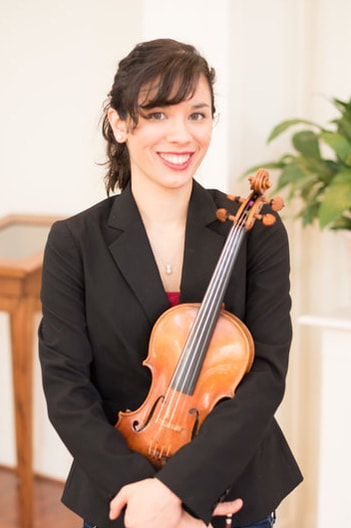Stage 1: Unconscious incompetence
Ignorance is bliss - the student is unaware of their mistakes.
Stage 2: Conscious incompetence
The student receives feedback that makes them aware of the things that need improvement. They may attend a concert that makes them realize they don't play as well as the performers, or a teacher might point out things that need work in the lesson. This is often a very frustrating stage. It's crucial for parents and teachers to be supportive of their student and to be aware of the frustration while urging them to stay the course, because soon they'll get to...
Stage 3: Conscious competence
The student has practiced in a focused and intentional manner, and they can now produce the results they desire with a lot of mental focus and attention.
Stage 4: Unconscious competence
The student has worked for some time on how to play well and can now produce their desired result without thinking about it.
Let's take the piece "O Come, Little Children" in Suzuki Book 1 as a case study. This piece presents the challenges to a student of having to use their full bow, and having to start each musical sentence on an up bow for the first time.
Stage 1: The student plays "O Come, Little Children" with any bowing they want, unaware of up bows and down bows and their bow distribution.
Stage 2: The student learns the difference between up bows and down bows and realizes how frequently they go the wrong direction. They may also be aware that their bow hold doesn't allow them to go all the way to the frog, which means that they can't play with their whole bow.
Stage 3: The student now thinks to him/herself "Middle, up" as they place the bow in the middle and start each musical sentence in the piece with an upbow.
Stage 4: The student plays the piece with perfect bowings and bow distribution without having to think about it. Now it's ready to perform!
A side note: as a teacher, my goal is to start the students at stage 3, by carefully explaining and demonstrating the goals of each piece. I have specific "preview" spots that students learn before they learn the whole piece and many ways to practice their skills so that they can stay confident in the whole learning process and not have to go through the pain of conscious incompetence.

 RSS Feed
RSS Feed